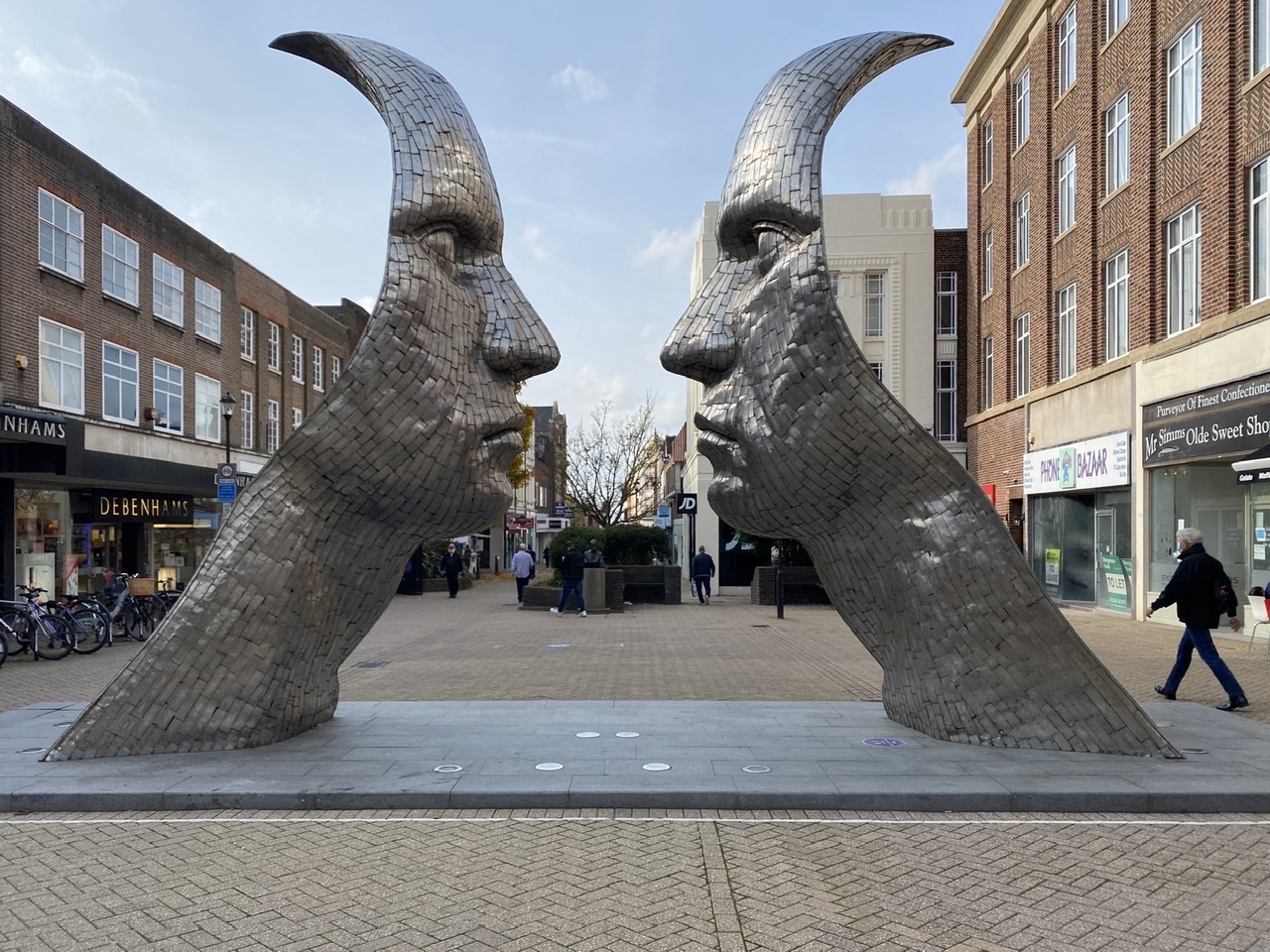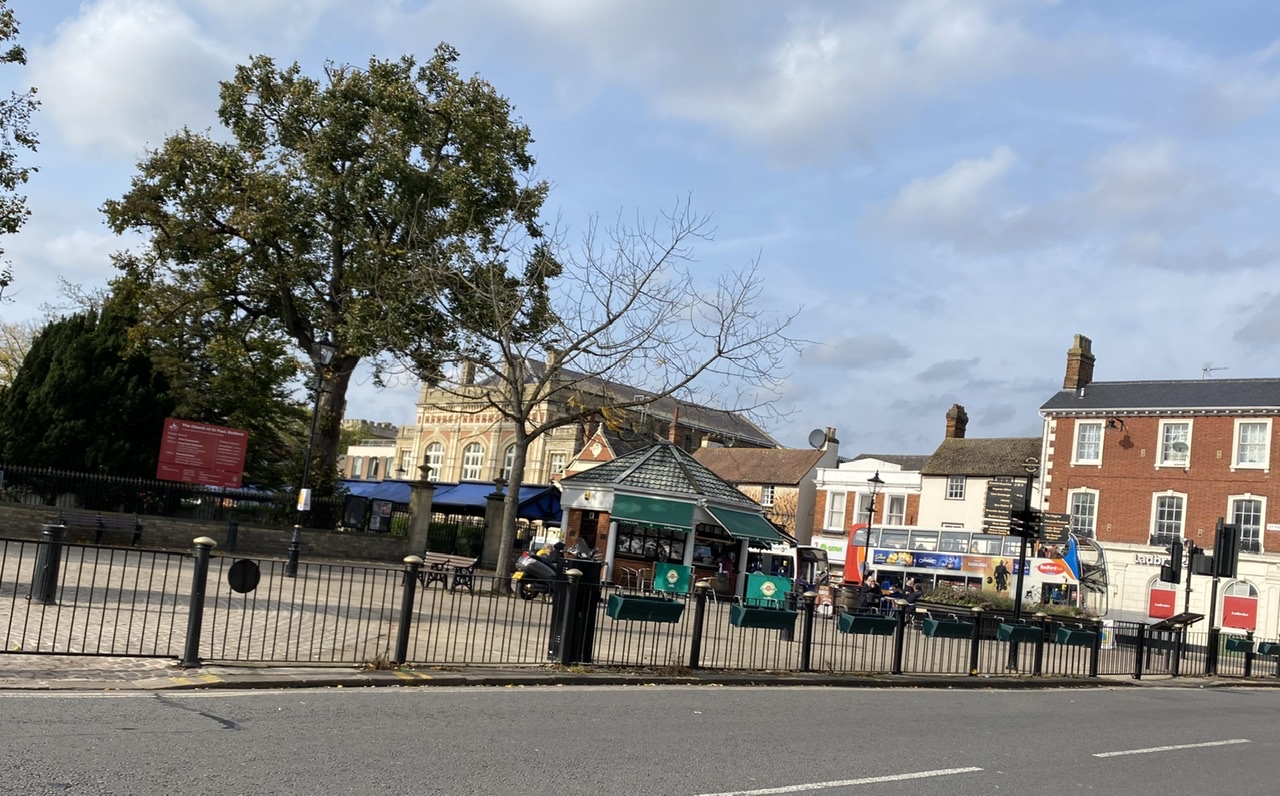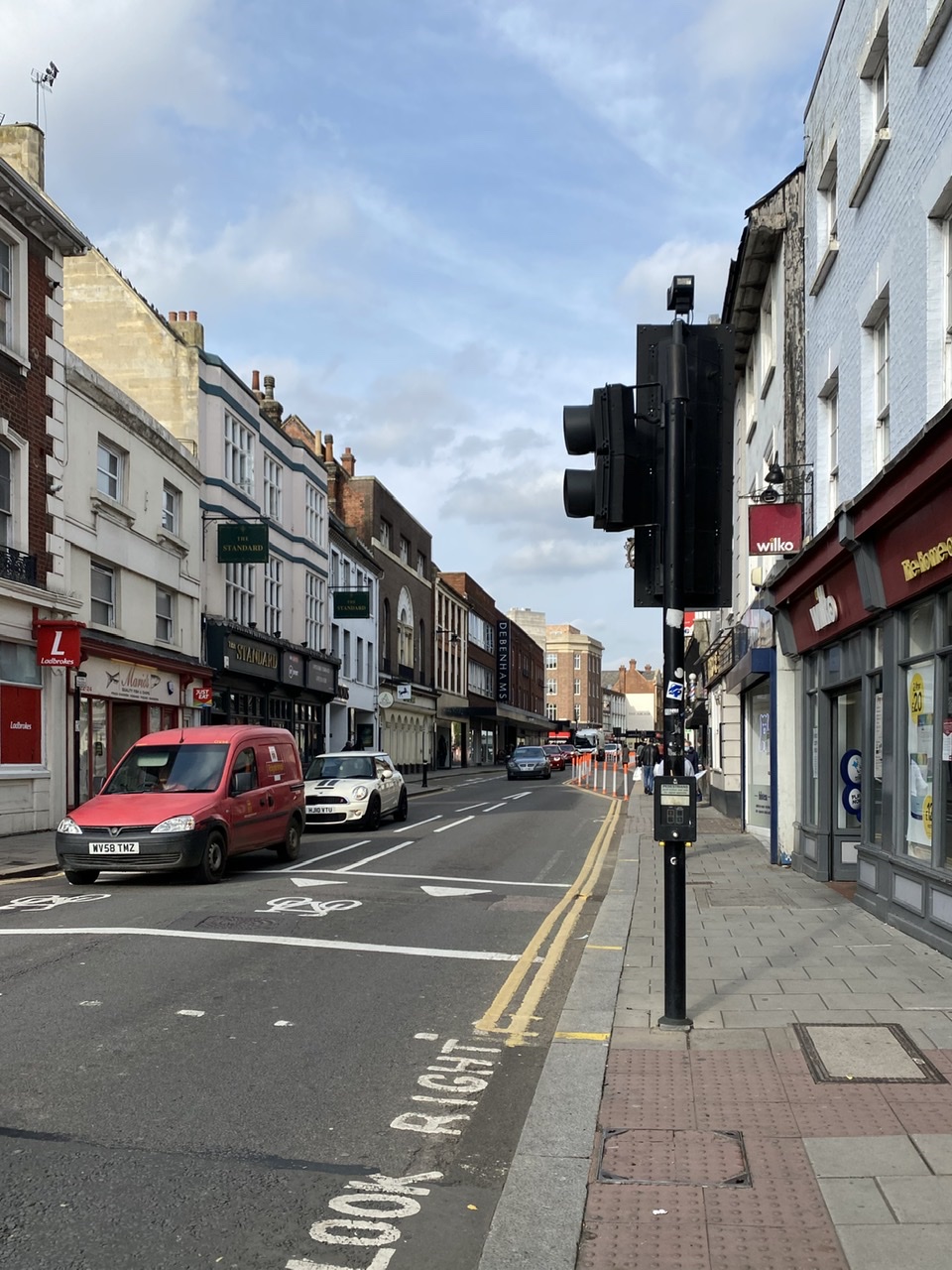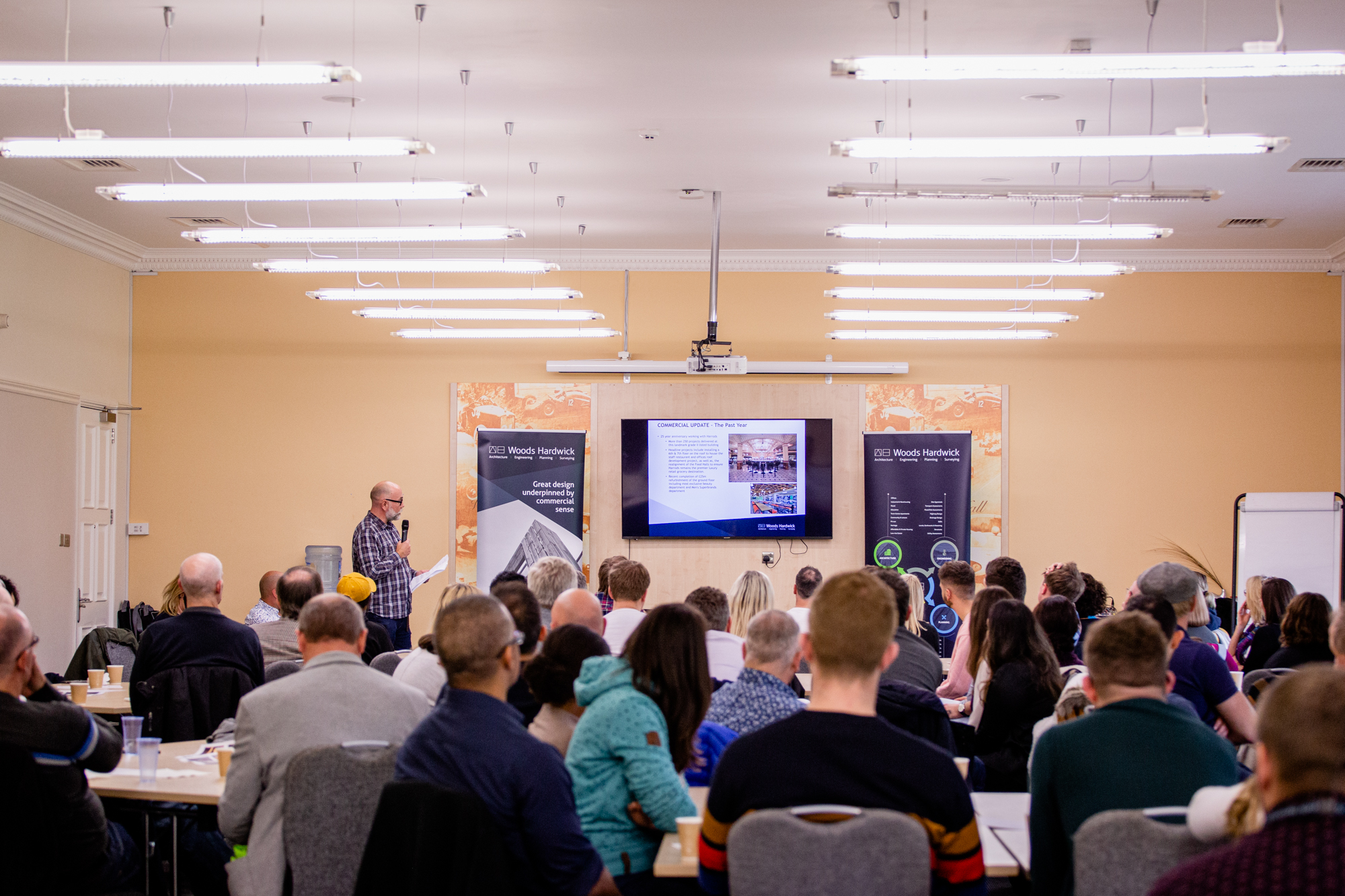
Bedford – investing in the future of our town
In September 2019, Bedford was named as one of 101 towns that was able to bid for up to £25million from Central Government for a Town Deal. To access this funding, the Town Deal Board, supported by Bedford Borough Council need to put forward projects, setting out a clear vision and strategy for spending the money on projects that will have a significant positive impact on the town.
Woods Hardwick is highly active on behalf of residential and commercial clients across Bedford Borough and welcomes the exciting news that the Plan is reaching its final stages. Now more than ever in these challenging times we need to focus on town centre regeneration – and we feel particularly passionate about our home town, Bedford. In its pivotal location at the centre of the Oxford to Cambridge Arc, and as a commuter hub into London, this market town needs investment and soon.
The main projects set out in the recently circulated draft Town Investment Plan include:
- Regeneration of the station quarter
- Regeneration of Midland Road
- St Paul’s Square public realm improvements
- Improvements to town centre junctions
- Improvements to cycling infrastructure

Historically prohibitive business rates, high rents, exorbitant parking costs, not to mention out of date and inflexible planning procedures have all contributing to a seeming death knoll for many UK high streets. With changes in shopping habits fast evolving – at pace since the international pandemic (online shopping surging by 129% during the pandemic), we need to consider other ways of reinvigorating the town centre – and retail is not necessarily the answer.
Big household names – BHS, M&S, Beales – have disappeared from Bedford town centre – leaving sizeable spaces vacant. As consumers, the customer experience is severely reduced and little incentive for return visits. The current planning system and planning policy is not flexible enough to respond effectively to town centre decline and rapid change in shopping habits. Restrictions on change of use from retail to other town centre recognised uses have been severe – and this simply isn’t going to work in the long term! But if we replace retail floor area with other activities including leisure, cultural, public uses and residential this will create a new incentive for people to visit town centres, increasing footfall and long term investment.
This has worked further north in Greater Manchester town, Altrincham. Eight years ago, the town centre had a 30% vacancy rate, earning the town the label, ‘Britain’s biggest ghost town.’ The council set up Altrincham Forward, producing a Town Centre Business Growth Programme as a strategy for improvement. With £6 million spent on public realm improvements, plus improvements to shop front, loans for traders to invest in their businesses and the creation of a gateway transport hub, footfall is up 25% since 2010. With 25 new bars and restaurants, shop vacancies down by 75%, and people now living in the town centre, this surely is a blueprint for town centre regeneration done well.
The Government has implemented changes to the planning use classes order to provide greater flexibility to property owners and developers, allowing changes in the use of properties without the need to apply for planning permission. The main driver of the change has been the need to enable a repurposing of buildings on high streets and town centres. This is seen by many as a significant change however it has not been without controversy as the changes are currently subject to a legal challenge to seek their revocation. Whatever the outcome of the challenge there is clear recognition that changes are required to enable towns like Bedford to adapt so they can survive and thrive.
Once Bedford’s draft Town Investment Plan has been approved by the Town Deal Board, the final version will be submitted to Central Government at the end of this month. With projects agreed by the Government to be delivered by March 2026, it will be important to get started straight away.
This will no doubt being supported by the High Street Task Force, which early in October announced it had appointed “over 150 experienced professionals to work with towns in England over the next four years, supporting their transformation efforts and helping to tackle complex barriers to change”. These appointments will form a new “experts register” made up of “experienced professionals across a broad range of specialisms, from architecture to planning, to sustainable design, place leadership and civic engagement”.
Here at Woods Hardwick where Bedford is home to our business, and for many of us, our family lives, we welcome the investment – but it needs careful consideration and support from development specialists such as ourselves. Bedford needs to adapt to survive and thrive. What draws people into town centres – experiences, independent shops, restaurants and bars, its history, and crucially homes. Its about creating places and spaces where you can ‘work, rest and play’ – yes, the Mars Bar approach!




